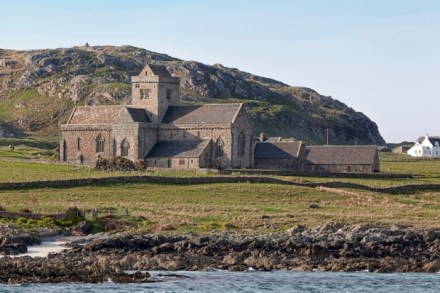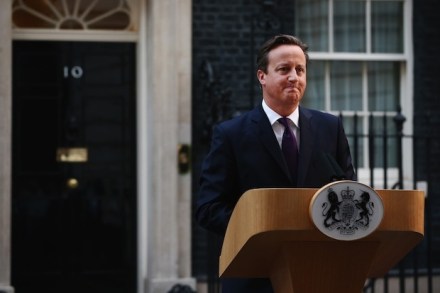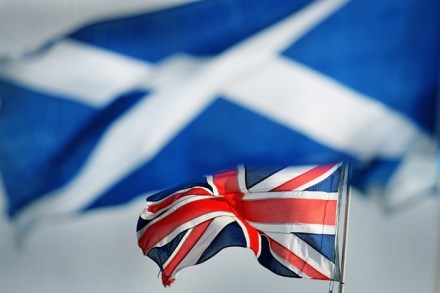The Yes movement slowly moves through the Kubler-Ross stages of grief
No-one has died. No-one has been stabbed. Someone, I suppose, may have been punched. So let’s retain some sense of perspective as we consider and try to make sense of the last few days in Scotland. It is only day five. People deal with grief at different speeds. So, pace Ms Kubler-Ross, it shouldn’t be a surprise that many Yes voters are still in Denial. Many others have made it to Anger. Some have got as far as Bargaining. Most are certainly still in Depression. Only a few have reached Acceptance. True acceptance, I mean. There’s a lot of Yes we lost but if you look at it differently we




















